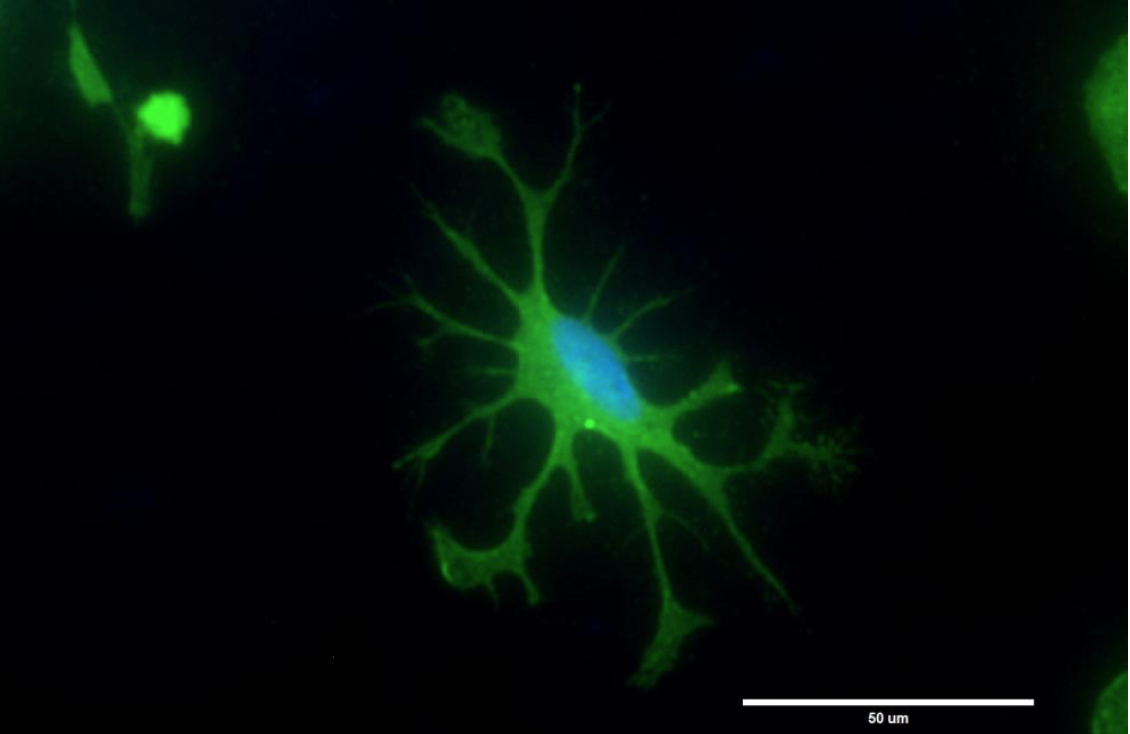Members Login

Channels
Special Offers & Promotions
Axol Bioscience Launches Human iPSC-derived Microglia
A reproducible, physiologically relevant cellular model of human microglia for neurodegenerative disease drug discovery and development
Axol Bioscience, the human cell culture specialist, is launching a new line of Human induced Pluripotent Stem Cells (iPSC)-derived Microglia for the consistent and reproducible study of neuroglia and their involvement in neurodegenerative diseases, including Alzheimer’s disease, multiple sclerosis and Parkinson’s disease.
Microglia are commonly described as the immune cells of the brain. Human iPSC-derived Microglia offer scientists the opportunity to integrate this clinically important cell type into their in vitro models and assays of neurogenesis and neurodegeneration. Axol generates physiologically relevant Human iPSC-derived Microglia from a single donor with a normal karyotype, providing a homogenous population that is assay-ready in just four days.
"The variability associated with traditional microglia cell lines, together with limited availability, poses significant challenges for pharmaceutical and biotech companies developing novel therapeutics to treat neurodegenerative diseases," said Yichen Shi, Chief Executive Officer, Axol Bioscience. "The launch of Axol’s Human iPSC-derived Microglia will provide scientists with a reproducible, physiologically relevant model in an easy-to-use, assay-ready format for investigating neuroglia involvement in neurodegeneration and neurodevelopment."
"The iPSC-derived Microglia from Axol were perfect for our live cell analysis research," said Dr Gillian Lovell, Senior Scientist, Essen Bioscience (part of the Sartorius Group). "Displaying ramified and amoeboid morphologies, the cells were robust and highly active in functional assays, exhibiting phagocytosis of particles, apoptotic cells and aggregated peptides. With the continued excellent scientific support, we look forward to expanding our neuroscience applications with Axol’s cells."
The homogenous and reproducible population of the Human iPSC-derived Microglia exhibits physiologically relevant functionality with highly phagocytic activity and secretion of cytokines in response to pathogens. Axol’s Human iPSC-derived Microglia also express the microglia-specific marker Transmembrane protein 119 (TMEM119) along with myeloid markers Triggering Receptor Expressed on Myeloid cells 2 (TREM2) and Ionised Calcium Binding Adaptor molecule-1 (IBA-1). The expression of these phenotypes means the Microglia provide a suitable model for investigating neuroinflammation in Alzheimer’s disease, multiple sclerosis and Parkinson’s disease.
Media Partners



